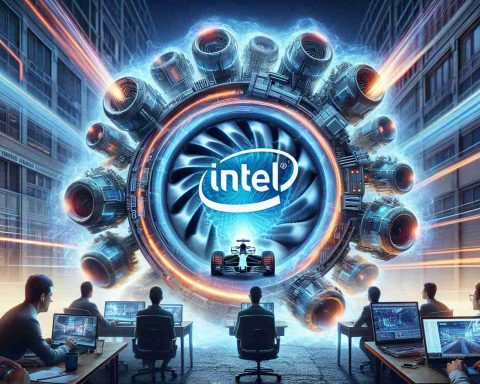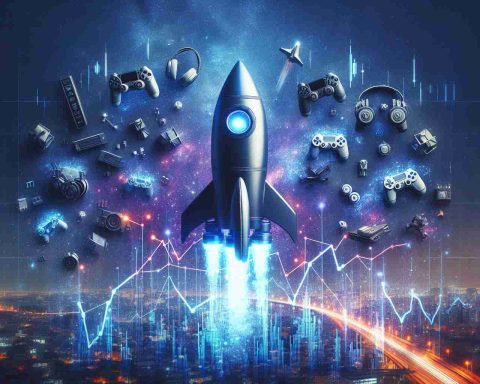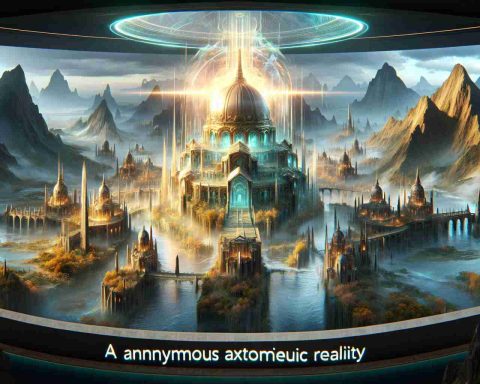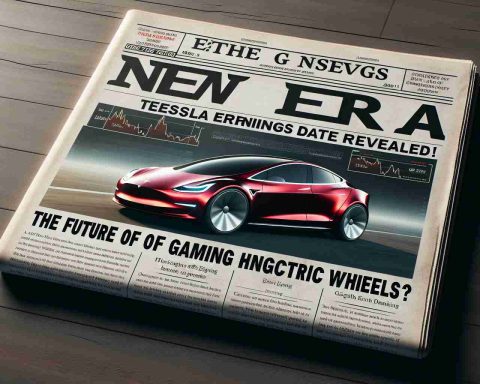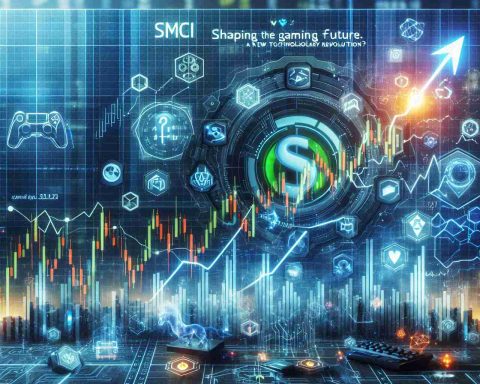MicroStrategy Incorporated (MSTR), traditionally known for its enterprise analytics and mobility software, is making waves with its newfound interest in blockchain technology. While the company’s focus has primarily been outside the gaming industry, its commitment to the blockchain space could signify a transformative impact on how games are developed and experienced in the near future.
Founded by Michael Saylor, MicroStrategy has been a pioneer in integrating technology with business analytics. However, its substantial investments in Bitcoin have recently highlighted its venture into decentralization. The gaming industry, constantly in pursuit of seamless and secure digital environments, stands to benefit from such technological exploration.
The Three Pillars of Transformation
1. Ownership and Security: Blockchain’s immutable ledger can revolutionize in-game asset ownership, offering gamers real, verifiable ownership of virtual goods. This development would ensure the secure acquisition and exchange of assets, minimizing fraud and unauthorized manipulation.
2. Decentralized Gaming Economies: By leveraging decentralized networks, developers can create games where players can influence and interact with the economy, creating dynamic worlds that reflect real-time changes instigated by their communities.
3. Enhanced Player Experience: With blockchain’s capacity for transparency and security, players could engage in fair matchmaking and enjoy new modes of collaborative play, ensuring a trustful and engaging gaming experience.
Looking Forward
While MicroStrategy’s primary operations do not currently involve gaming, its venture into blockchain technologies provides intriguing possibilities for cross-industry innovation. The adaptation of blockchain innovations by companies like MicroStrategy could redefine gaming landscapes, setting the stage for a new era where decentralization powers seamless, fair, and enriched gameplay experiences.
Will MicroStrategy’s Blockchain Innovations Redefine Gaming?
MicroStrategy Incorporated, prominently recognized for its contributions to enterprise analytics and mobility software, is venturing into uncharted territories with its growing interest in blockchain technology. While traditionally outside the gaming sphere, MicroStrategy’s engagement with blockchain presents an opportunity for transformative changes in game development and player experiences.
Key Blockchain Trends in Gaming Spearheaded by MicroStrategy
# 1. Ownership and Security in Games
Blockchain’s immutable ledger offers unprecedented opportunities for in-game asset ownership. By providing players with verifiable and secure ownership of virtual goods, blockchain minimizes risks associated with fraud and unauthorized manipulation. This shift not only enhances security for gamers but also allows developers to create an environment where assets are truly owned by players, potentially increasing player investment and engagement in their game worlds.
# 2. Creation of Decentralized Gaming Economies
MicroStrategy’s exploration of blockchain could lead to the development of decentralized gaming economies. Such economies enable players to actively engage and influence economic activities within games, leading to more dynamic and community-driven virtual worlds. This decentralization promotes player agency, as communities can directly impact in-game economies, thereby creating interactive and evolving gaming experiences.
# 3. Enhancing Player Experience and Fairness
Blockchain’s transparency and security capabilities offer enhancements to player experience through fair matchmaking and collaboration. The elimination of unfair practices ensures a more trustworthy gaming environment, which is crucial for player loyalty and satisfaction. With blockchain, collaborative game modes could become more engaging and equitable, setting new standards for player interaction and satisfaction.
MicroStrategy’s Broader Impact on Cross-Industry Innovations
While gaming is not MicroStrategy’s core focus, its commitment to blockchain technology signals potential innovations that could extend beyond traditional boundaries. The integration of blockchain by companies like MicroStrategy stands to redefine gaming landscapes, heralding a future where decentralization supports seamless, fair, and enriched gameplay experiences across various platforms.
# FAQ
Q: How does MicroStrategy plan to integrate blockchain into its existing technologies?
A: Although specific details on integration into existing technologies are yet to be disclosed, MicroStrategy’s investments and explorations in blockchain signify a strategic alignment with decentralized infrastructure, potentially benefiting sectors like gaming.
Q: What are the potential challenges of incorporating blockchain in gaming?
A: Implementing blockchain in gaming faces challenges such as scalability, regulatory issues, and ensuring seamless integration without compromising user experience. However, advancements in blockchain technologies continue to address these hurdles.
Q: Can blockchain enhance the monetization strategies for game developers?
A: Yes, by creating verifiable and secure in-game assets, developers can explore new monetization strategies, including the sale of unique virtual goods and in-game currencies, increasing revenue streams while providing value to players.
For more on MicroStrategy’s initiatives and innovations, visit their official website.
As the gaming industry awaits these potential shifts, the focus remains on how blockchain’s integration can redefine not just gaming but various digital landscapes, leveraging the decentralized nature for broader impact.








